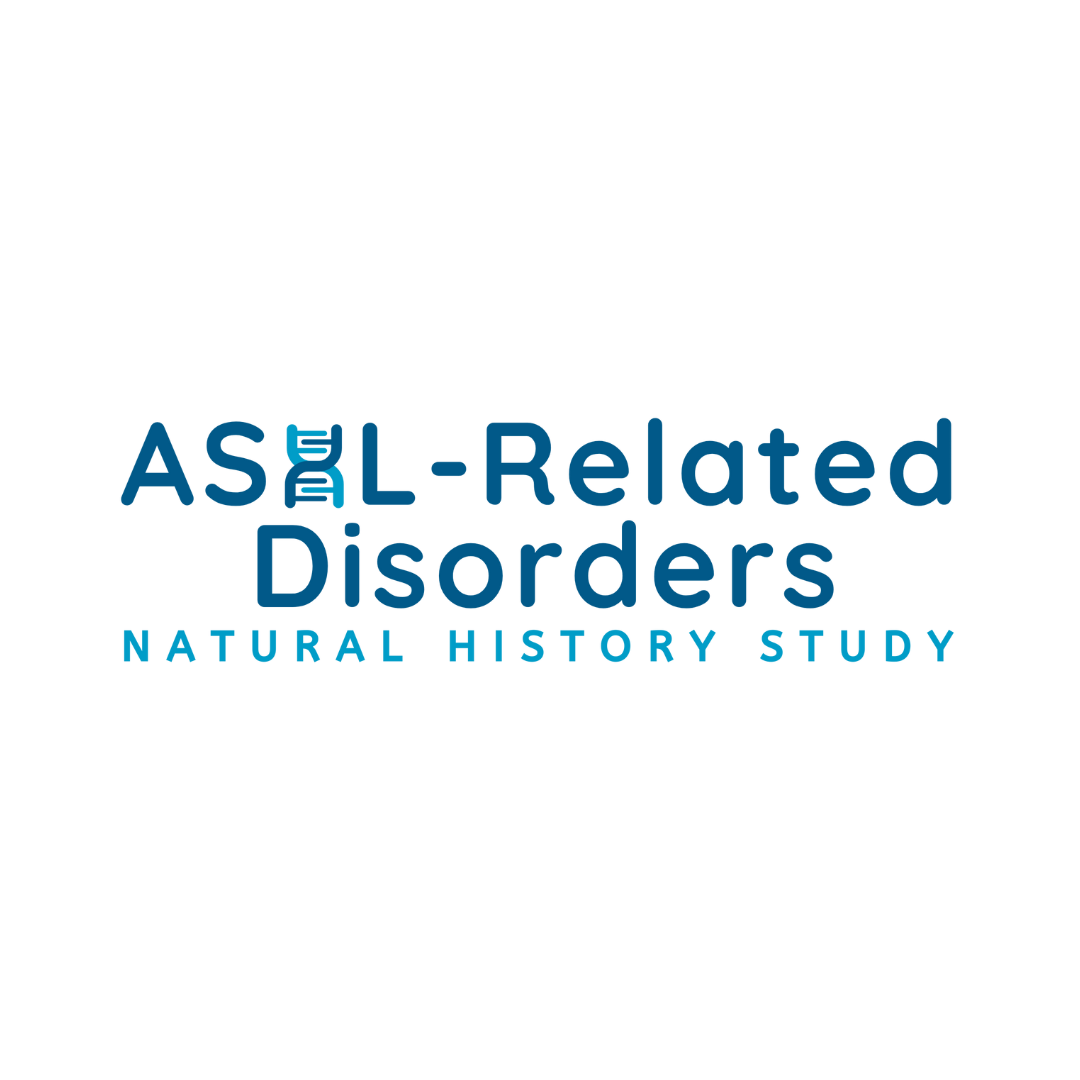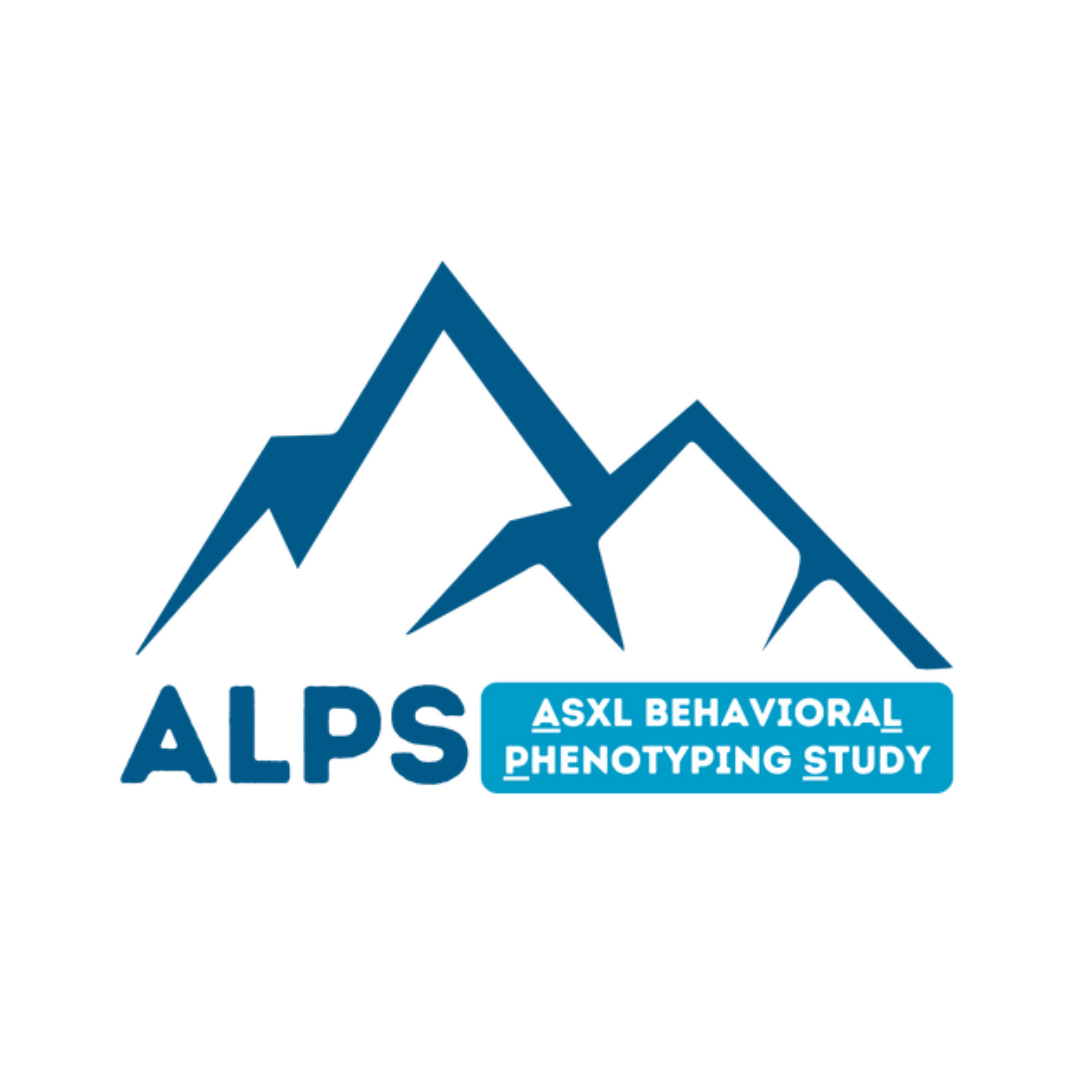
Participate in a research study
Help us better understand ASXL-related disorders
The ASXL Family Conference offers a rare chance for researchers to collect vital data and samples that can only be gathered in person. At the 2024 conference, families completed more than 120 research visits, fueling multiple publications that advance understanding of ASXL-related disorders. By joining a study, you help answer key questions and move us closer to better care, tools, and treatments.
How it works
You or your child can participate in any research studies for which you meet the eligibility criteria. Some studies have multiple parts that require direct observation over several research appointments scheduled during the conference. You will be scheduled for appointments during times that you indicate you're available. Research studies are conducted by doctors and research professionals from institutions such as University of California Los Angeles and Kennedy Krieger Institute.
This list is an example of the types of research activities that may take place at the conference:
Completing questionnaires or surveys
Giving a blood sample (including siblings)
Participating in a focus group
Being assessed by a neurologist or psychologist
If you decide to participate in one or more research studies, the details of the study and what will be required of you or your child will be explained to you by the research team during the consent process. You can ask questions at any time. Your or your child’s participation is always voluntary.
Preparing to participate
Scheduling multiple research appointments with multiple participants is a complex process. Here are some tips to help you get ready to participate in research at the ASXL Family Conference:
Share your interest in participating as soon as possible: The process of confirming your/your child's eligibility and getting your formal permission to participate (consent) can take several weeks and may need to be coordinated between multiple research studies. Please complete our Research Interest Form as soon as possible to start the process. The ARRE Foundation will then help connect you to the right research study teams.
Determine your arrival and departure dates: Research appointments are available all day Thursday-Sunday. Knowing your arrival and departure dates will be required for scheduling once you reach that part of the process. We encourage you to plan your travel to take advantage of research opportunities throughout the conference.
Plan to "divide and conquer" if you can: Many families use a strategy where one caregiver will go with their child to research appointments while the other attends conference programming. Depending on your family situation, it may be helpful to bring additional caregivers to help support your participation if that’s an option available to you.
Studies that collect data at the ASXL Family Conference
-

ASXL-Related Disorders Natural History Study and Biobank
-

ASXL Behavioral Phenotyping Study (ALPS)
-

Chromatinopathies and Autism: Motor Phenotyping and Indicators of Neurodevelopment (CHAMPION)
Get your unique ID number to use across research studies
Help multiple studies share data to give us a fuller picture of ASXL-related disorders
Published research from data and samples collected at previous ASXL Family Conferences
-

Examining the neurodevelopmental and motor phenotypes of Bohring-Opitz syndrome (ASXL1) and Bainbridge-Ropers syndrome (ASXL3)
Clinical research study documenting the neurological and motor features of Bohring-Opitz Syndrome and Bainbridge-Ropers Syndrome using data collected at the 2022 ASXL Family Conference
-

Multiomics of Bohring-Opitz syndrome truncating ASXL1 mutations identify canonical and noncanonical Wnt signaling dysregulation
Research study examining the mechanism of the ASXL1 gene using blood and skin samples collected at previous ASXL Family Conferences
-

DNA methylation signature associated with Bohring-Opitz syndrome: a new tool for functional classification of variants in ASXL genes
Research study using ASXL1, ASXL2, and ASXL3 samples collected at previous ASXL Family Conference

